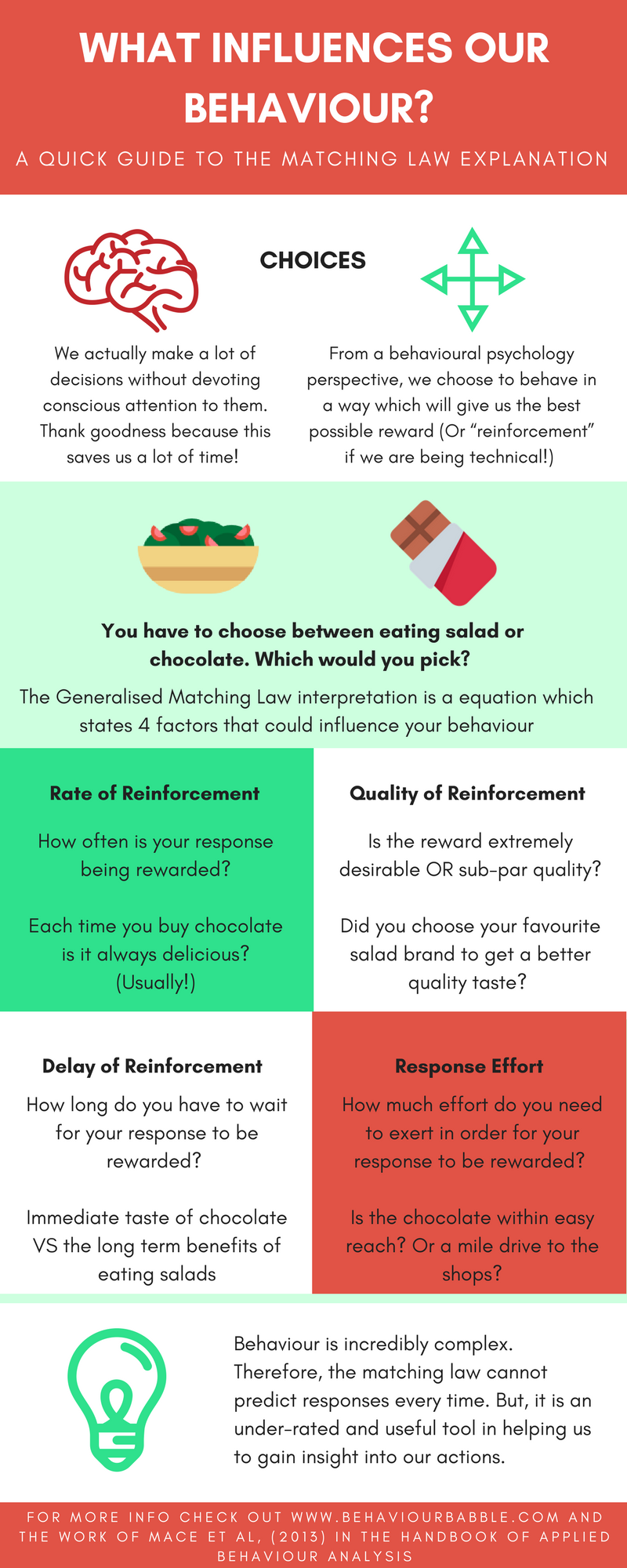Last updated on June 18th, 2020 at 09:04 pm
It is important to remember that for all of the disruption, hurt and pain the coronavirus has caused, there are also heartwarming stories to be found that give us hope. Stories that showcase the kindness of humanity when faced with unprecedented circumstances. A 99-year-old gentleman raised 12 million for the National Health Service in the UK, families are spending more quality time together in their households and the country has shown their nationwide appreciation to the dedicated key workers who risk their lives to ensure that society continues to function. I was definitely among the crowds as I clapped for my wonderful mum who works as a nurse and has done for the past thirty years.
Continue reading How to Use Your Time Effectively During Self-Isolation




